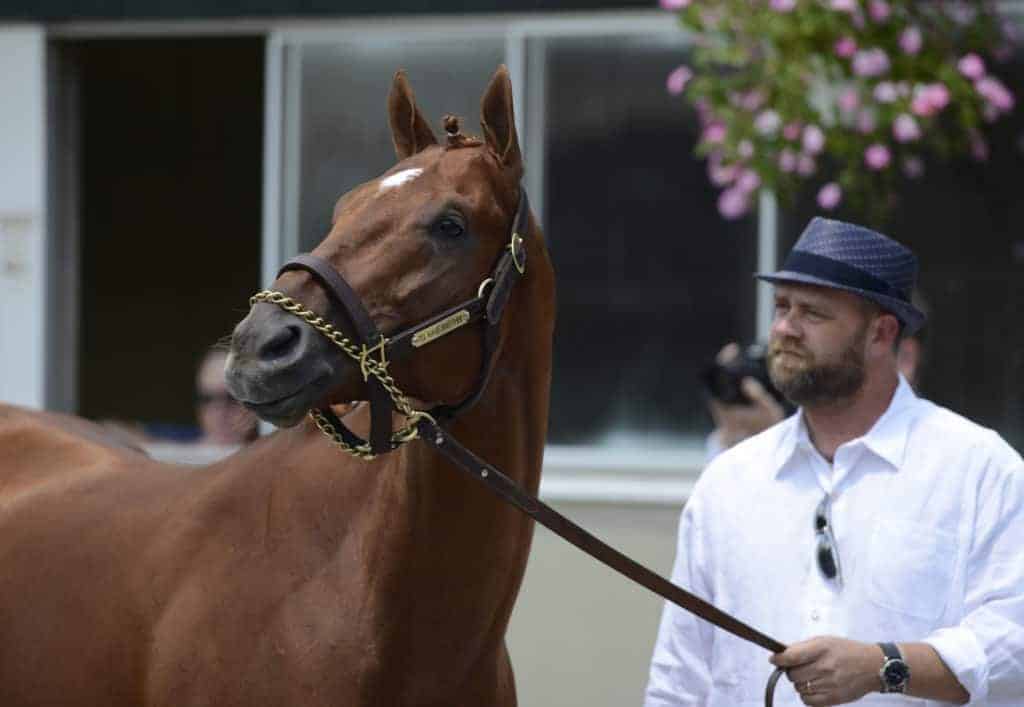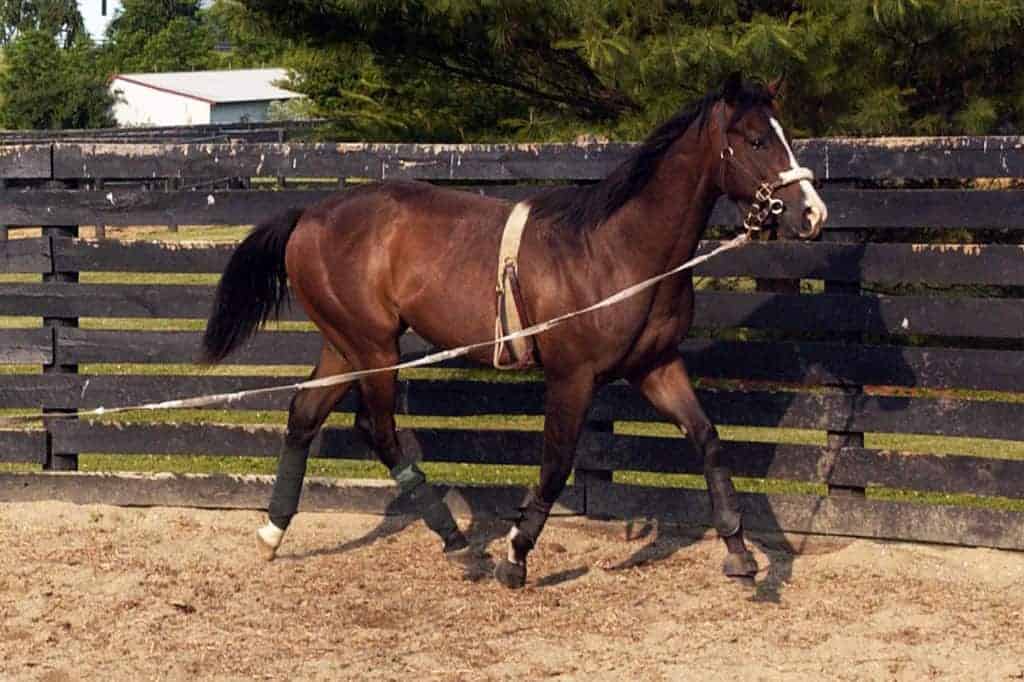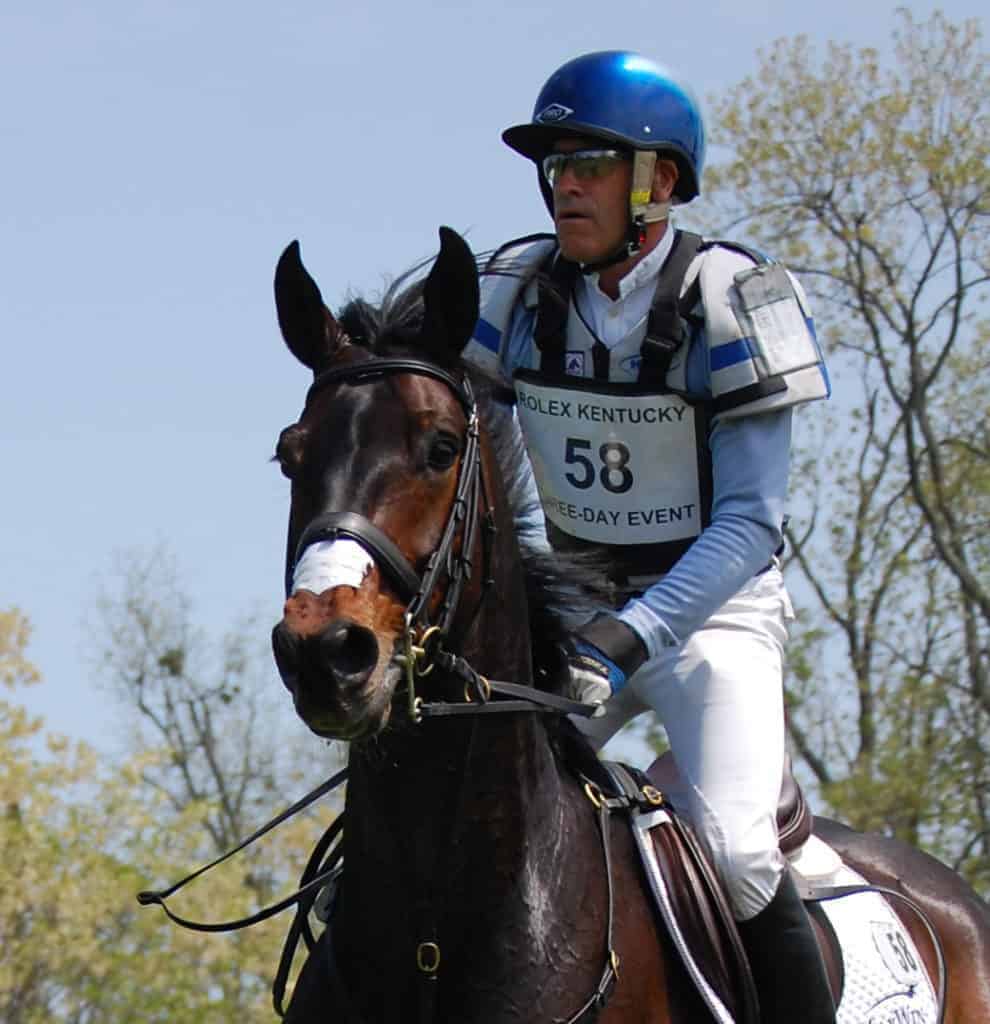Racehorse Welfare, Safety Summit Scheduled for Oct. 16-17
The two-day event will bring together a cross-section of the breeding, racing, and veterinary communities.
The two-day event will bring together a cross-section of the breeding, racing, and veterinary communities.
A small lesion in the middle of the suspensory ligament in his left front leg was detected last week.
Some of Thoroughbred racing’s most notable owners have pledged to run their 2-year-olds without Salix.

Did you know donkeys are more prone to laminitis in their hind feet, whereas horses tend to founder on their front? Learn about these donkey-health facts and more in our special report.
Bramlage served as the AAEP On-Call veterinarian for this year’s Triple Crown races.
Federal regulation of horse racing medications was the topic of a July 12 congressional hearing.

Three veterinarians who reviewed the colt’s treatment regimen found nothing out of the ordinary.

A study confirms omeprazole can prevent gastric ulcer formation in young racehorses.
The pain-killer more powerful than morphine was not found in any Derby or Oaks samples tested.
A U.S. Senate committee has released its witness list for a July 12 hearing on medication use in horse racing.
The hearing, “Medication and Performance Enhancing Drugs in Horse Racing,” will be held July 12.

Researchers found that recovery periods during conditioning could improve horse training efficacy.
Supporters ripped their opponents and vowed to take their case–that Salix is good for the racehorse–public.
Also on the website are news, videos, scientific studies, and commentary in support of medication-free racing.

Researchers collected information about health problems experienced by young horses being prepped for sale.

While some studies support the use of equine nasal strips, others have yielded less promising results.
Stay on top of the most recent Horse Health news with
"*" indicates required fields